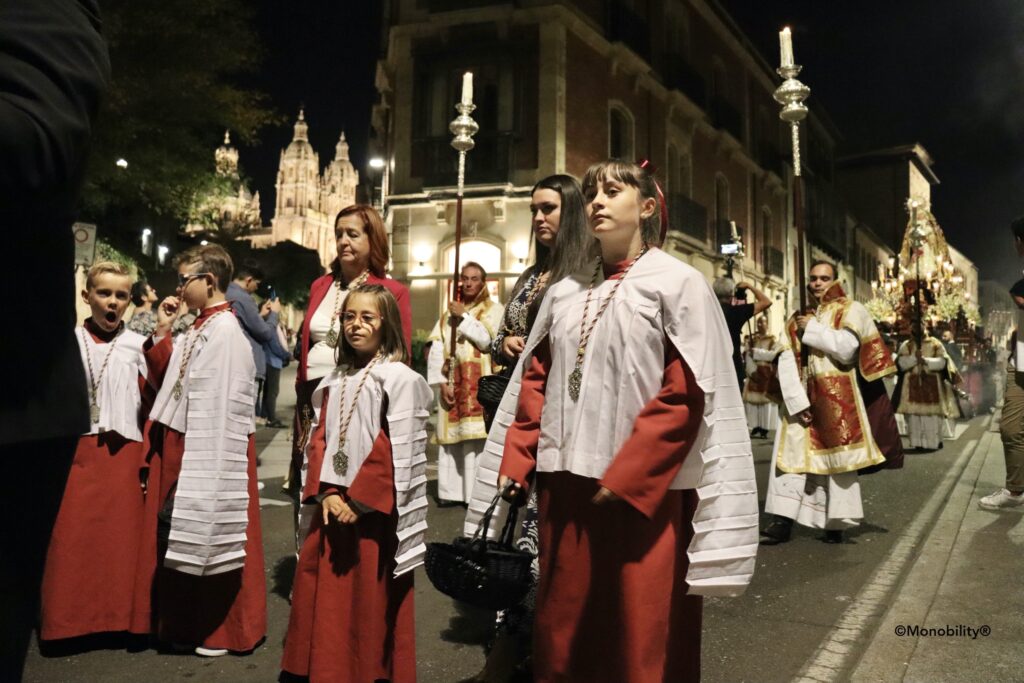Yesterday, headline news all over the world reported that at least 153 people were killed in a crowd surge at packed Halloween festivities at Itaewon (이태원) in Seoul. Most of the victims were teens and young people in their twenties, which is all the more heartbreaking since it brings back the nightmarish memories of the nefarious Sewol Ferry Disaster in 2014 where 250 high schoolers perished. Personally, I strongly feel that this kind of man-made disasters are unbefitting of a nation which boasts of the world’s 10th largest GDP and its high public civility. This type of absurd catastrophes could have been almost always avoided in the first place. No more excuses from irresponsible and inept politicians, authorities, and so-called “grown-up” Korean policymakers in general. This kind of tragedy can be and should be systemically prevented from happening ever again by better crowd control, smarter anticipation of major festivity activities, better training of law enforcement officers, as well as early education of common sense public safety and higher level of respect for law enforcement than now. And of course, physical restructuring or even total facelift of the problematic narrow alleys and pathways in Itaewon neighborhood must be considered. I know Korea has outstanding engineers and architects who can make it happen.
If you have Korean friends or family, or if you know someone in Korea, this is exactly the right time to ask them if their family is all right. And perhaps it’s also the right time to learn how to say or write to console a bereaved at funeral in Korean, in case you know someone who lost a family member or a loved one. To avoid overcomplicated and misleading textbook instructions, I can think of two simple categories so you can learn the real world Korean way of expressing condolences.

The key is that you do not switch between verbal and written expressions. As in English and other languages, these rarely used but must-know phrases are formularized in Korean, which means that you should NOT try to deviate from them. If you give your own variations on them, you would sound ceremonial or insincere. Do not be creative. Funerals are not for creativity. Remember, the person you talk to is most likely devastated by the loss and extremely sensitive to your words, tone, and facial expressions. Therefore, the simpler your words are, the better the effect. Less is more. You can even say just one out of the three sentences shown above in the verbal category. Just be sincere and truthful. Your actions to attend the funeral speak louder than your words. That is the real key here.
Many K-dramas have shown various Korean funeral scenes which may have perplexed or even amused you because of cultural differences. I found a couple of sites which explain interesting Korean funeral customs in general:
https://expatguidekorea.com/article/what-to-dowhen-attending-a-korean-funeral.html
https://www.creatrip.com/en/blog/8765
Once again, this is probably the right time for you to contact your Korean friends and ask “괜찮아요? (Are you okay?)” or “가족들 괜찮아요? (Is your family alright?)” Nowadays the entire world is connected with live broadcast by internet. Everyone knows what’s happening everywhere in real time. It is a universal etiquette and educated manners to ask someone you care if everything is alright when there is headline news about national disasters, catastrophes, etc. After all, isn’t that what heads of states and top diplomats do for their allies and friendly countries for the world peace? All the world’s a stage, and a nation’s allies correspond to an individual’s friends.
“Jill and I send our deepest condolences to the families who lost loved ones in Seoul. We grieve with the people of the Republic of Korea and send our best wishes for a quick recovery to all those who were injured. The Alliance between our two countries has never been more vibrant or more vital – and the ties between our people are stronger than ever. The United States stands with the Republic of Korea during this tragic time.” – U.S. President Joe Biden
“I’m hugely shocked and deeply saddened by the extremely tragic accident in Itaewon, Seoul, that took many precious lives, including those of young people with their future ahead of them.” – Japanese Prime Minister Fumio Kishida
“On behalf of Canadians, I’m sending my deepest condolences to the people of South Korea today, following a deadly stampede in Seoul. I’m thinking of everyone affected by this tragedy, and wishing a fast and full recovery to those who were injured.” – Canadian Prime Minister Justin Trudeau
“I extend my condolences to the citizens of Seoul and the Korean people in the Itaewon disaster. France is with you.” – French President Emmanuel Macron
“Our thoughts are with the victims and their loved ones. Germany stands with South Korea on this sad day.” – German Chancellor Olaf Scholz
“On behalf of the Chinese government and the people of China, I express our deep condolences for the victims.” – Chinese President Xi Jinping
“All our thoughts are with those currently responding and all South Koreans at this very distressing time.” – British Prime Minister Rishi Sunak
“Italy is close to the Korean people in this moment of great sorrow and profound sadness.” – Italian Prime Minister Giorgia Meloni
“We also pray … for those, especially young people, who died overnight in Seoul due to the tragic consequences of a sudden stampede.” – Pope Francis
Amicus certus in re incerta cernitur
(A friend in need is a friend indeed)
Quintus Ennius (c. 239 BC – c. 169 BC)
https://edition.cnn.com/asia/live-news/seoul-south-korea-halloween-deaths/index.html



